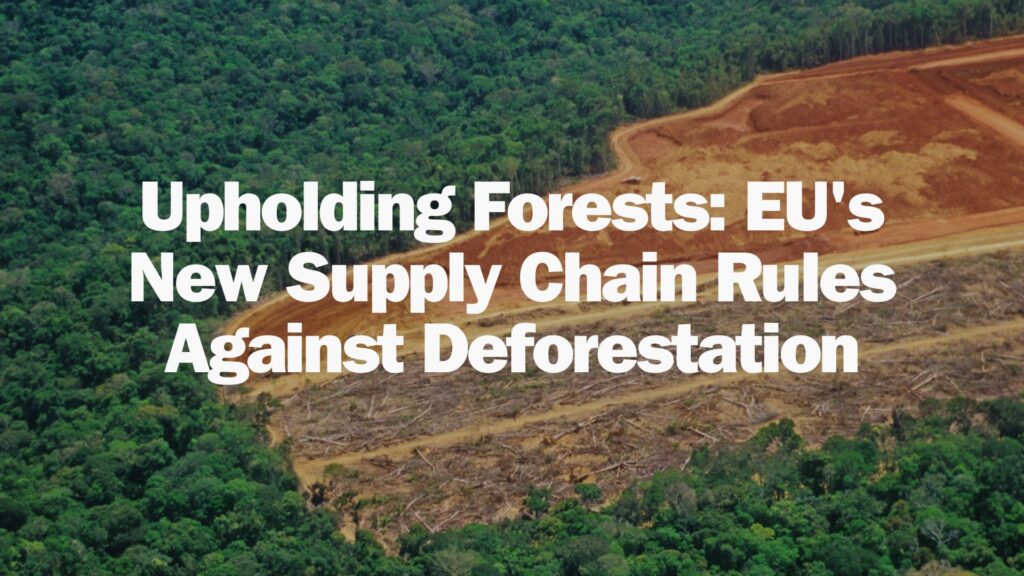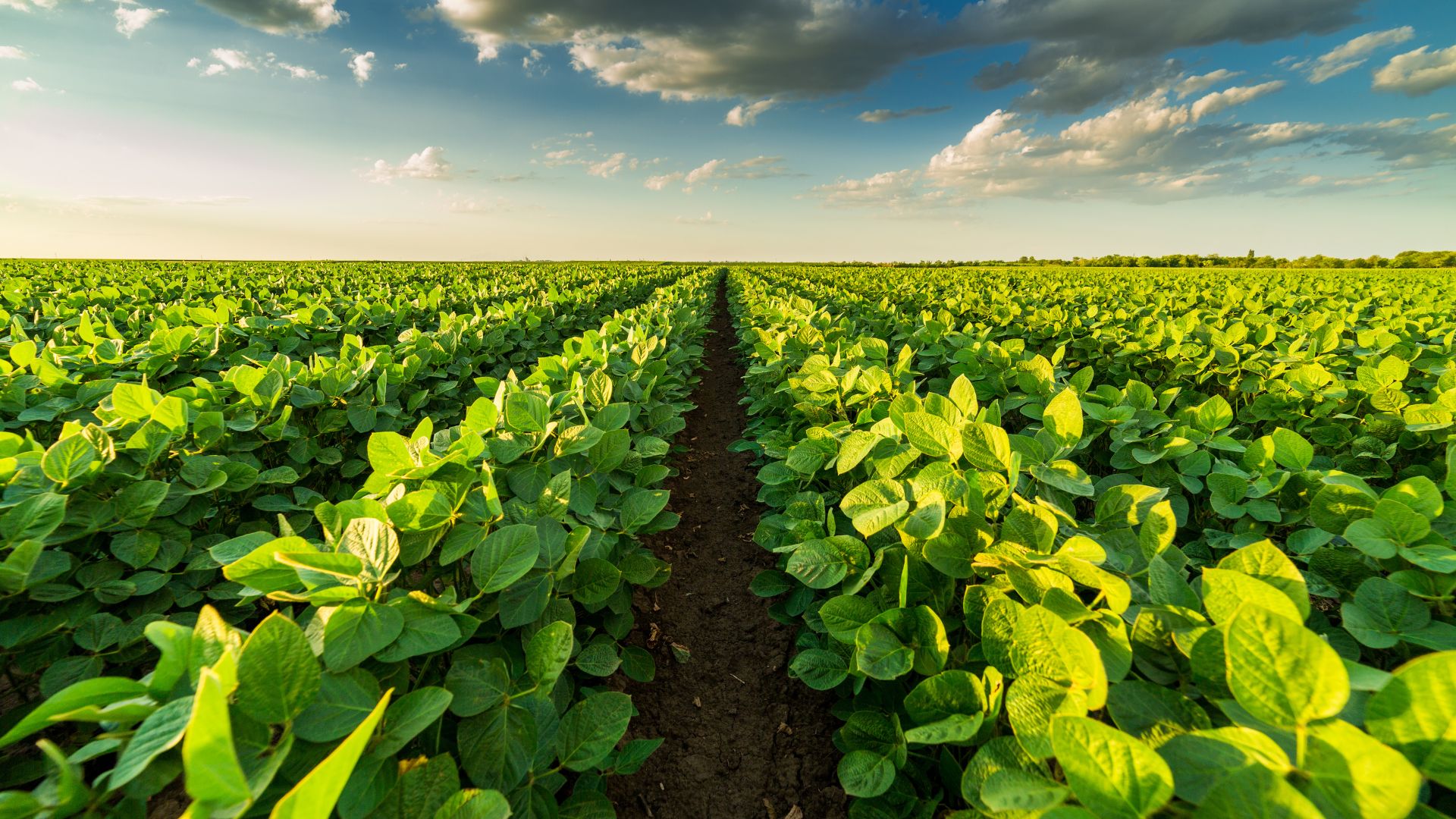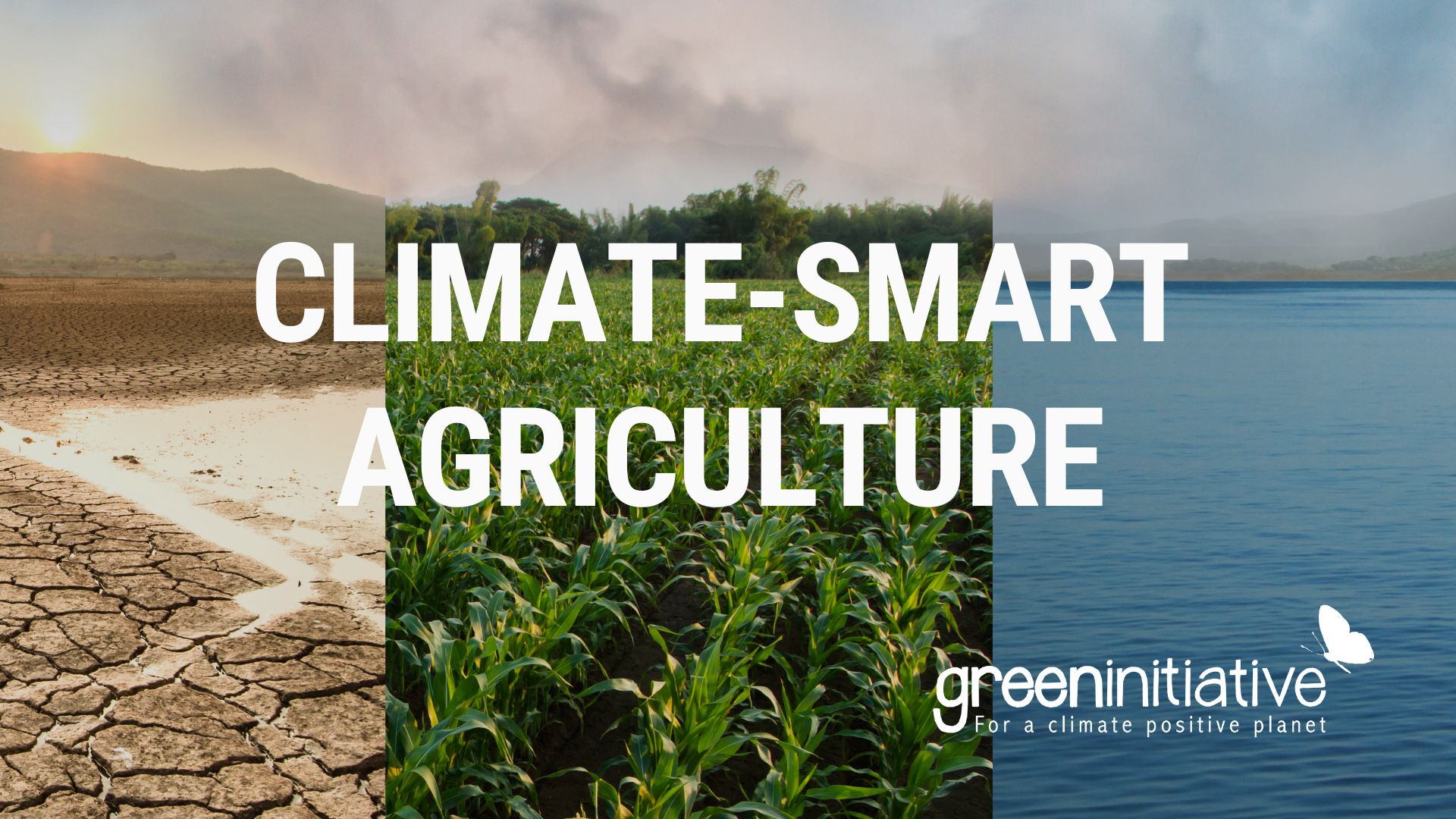In the wake of environmental crises and the looming threat of deforestation, the European Union has taken a decisive step towards protecting global forests. The EU’s recent implementation of stringent regulations to prevent deforestation-linked supply chains marks a pivotal moment in sustainable trade practices.
Under these new rules, companies and traders within the EU have been granted an 18-month transition period to comply. The regulations, sanctioned by the European Parliament and EU member nations, fundamentally aspire to eliminate goods from the EU market that contribute to deforestation and forest degradation, both within the EU and across the globe.
Virginijus Sinkevičius, the Commissioner for the Environment, emphasized the broader impact of these regulations, stating, “This law will not only help protect forests worldwide but also increase the demand for products not linked to deforestation.” This directive offers an open market for all countries, provided they can substantiate their products’ deforestation-free status, encouraging collaboration with international partners to ensure effective implementation and success.
This regulation’s heart lies in a concerted effort to combat climate change and preserve biodiversity. It places a binding duty of care on relevant companies placing specific goods on the EU market or exporting them outside the EU. This encompasses commodities like palm oil, beef, soy, coffee, cocoa, wood, rubber, and their derived products, identified as primary drivers of deforestation due to extensive agricultural expansion.
The obligations thrust upon companies are rigorous. Operators and traders must unequivocally demonstrate that their products have no association with deforestation, including proof of being sourced from lands cleared before December 31, 2020, and compliance with all pertinent legislations in their country of origin. The mandate further requires these entities to meticulously document geographical specifics regarding the agricultural lands involved in production for verification purposes.
Non-compliance with these regulations will not be tolerated lightly. Member States are mandated to enforce effective and dissuasive sanctions, ensuring adherence to the guidelines. Additionally, the list of monitored raw materials is subject to regular review and updates, reflecting any shifts in deforestation patterns or newly available data.
Recognizing the varying capacities of businesses, smaller enterprises will benefit from an extended adjustment period to align with these regulations effectively.
The European Commission will introduce a comparative assessment system, critically evaluating countries or regions based on their deforestation and forest degradation risk levels. This assessment will determine the extent of company obligations tailoring requirements to correspond with the assessed risk levels.
Implementing these regulations signifies a monumental stride towards sustainable commerce, underscoring the EU’s commitment to combatting deforestation and its far-reaching implications. It reinforces environmental conservation efforts and sets a precedent for responsible global trade practices, fostering a future where economic progress harmonizes with ecological preservation.
Source: European Commission









